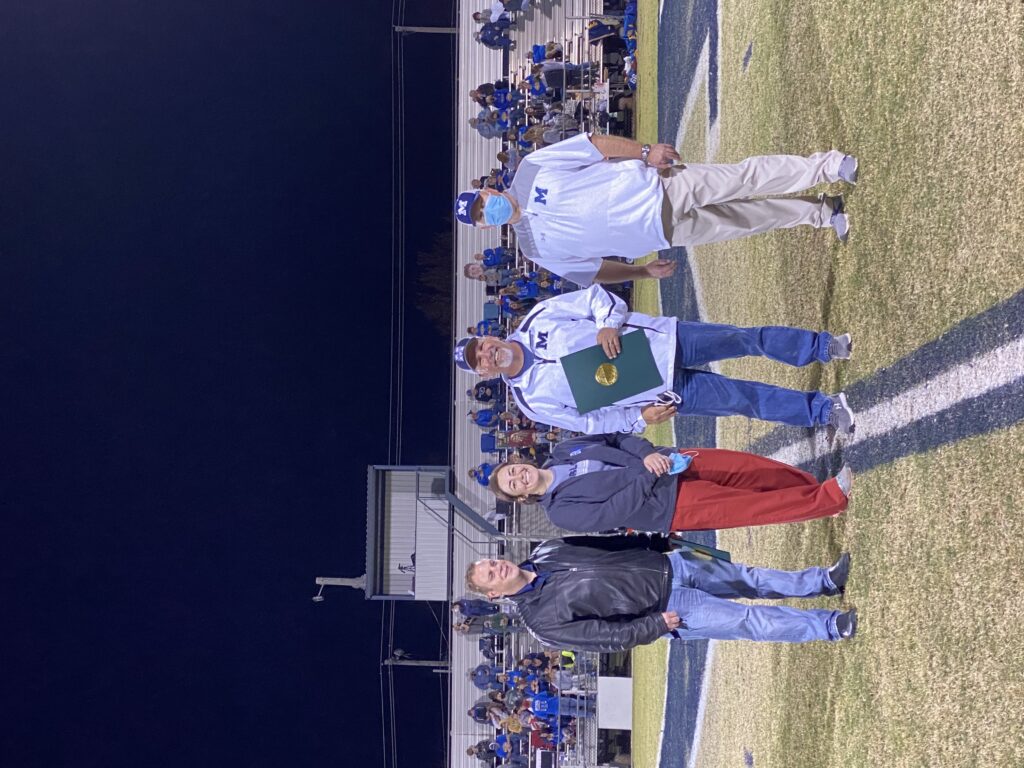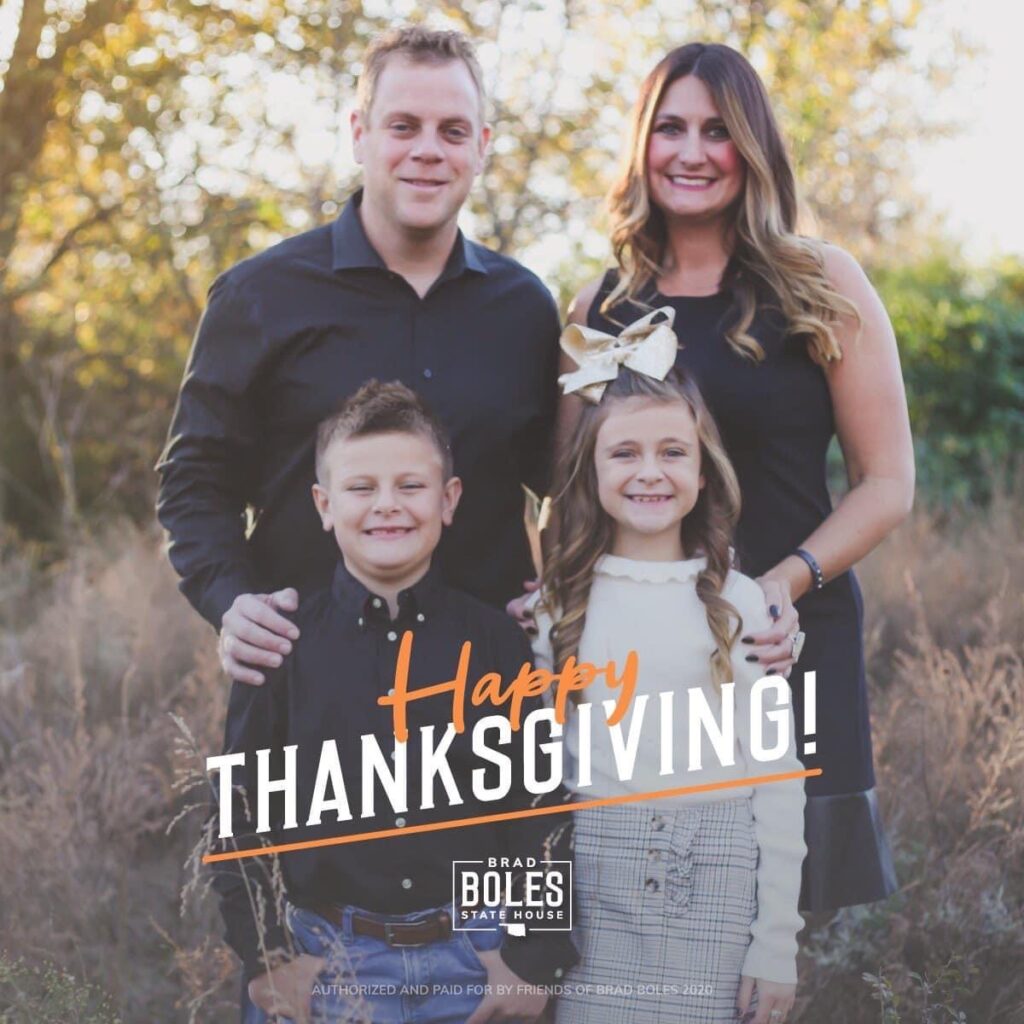Blog
Legislature Bill Deadline Season Begins
December 16th, 2020
This past Friday, the House passed its first deadline for the new session.
Dec. 11 was House members’ deadline to request drafts of legislation they are considering running in the upcoming legislative session, which begins in early February.
Legislators typically spend much of their interim meeting with constituents, state agency leaders and other stakeholders to hear ideas for bills. When a lawmaker decides to pursue an idea, they reach out to their chamber’s legal department, which writes a new bill and makes any changes approved by the lawmaker throughout the legislative process.
This year, we may see many repeats of bills filed last year. In March, our session was put on pause due to the COVID-19 pandemic. When we met again at the Capitol in early May, legislators tried to limit our time together by only running top priority bills. As a result, many lawmakers will most likely choose to refile some of their bills from last year that didn’t have a chance to make it through the legislative process in the previous session.
I worked with the House legal department to draft over a dozen bills this year.
Late December is the next deadline, which requires substantive language changes. When changes to an existing law are proposed, the legal department will pull the current title of the statute and modify it with the drafted language accordingly.
Our last deadline before the start of the new session occurs Jan. 21, which is when lawmakers must officially file their legislation. Although House members can file as many bills as they’d like, only their top eight priority bills are assigned to a committee, which is how the legislative process begins.
This limit forces representatives to pick their top priority bills to run during the session.
Lawmakers develop these priorities based on what they believe to be the most important to their district, and which will have the most positive impact on the state of Oklahoma. Lawmakers also examine how likely a drafted bill is to pass through the legislative process before they decide whether to run it. Typically, only about 13% of bills filed every year actually become law.
I will be examining my drafted bills closely over the next few weeks to determine which eight bills would be most beneficial to my district.
Many of my bill ideas come directly from District 51 constituents, and I really appreciate when constituents reach out to me about potential solutions! Additionally, four of my bills this year are carry-over bills from last year that weren’t able to be heard after we put session on pause when the pandemic started.
My bills I’m working on for next session cover everything from city and county government modernization and transparency to allowing people to more easily renew or replace their commercial drivers license.
I’m also working on a bill that would help victims of violent crimes, another bill that would aid our state’s veterans, and a pro-business bill as well.
One of my bills this year comes from an interim study we had this past fall. The study examined whether cities in oil production areas should receive a portion of the gross production tax in their city to spend on properly maintaining their roads and bridges, which are often damaged by heavy oil production machinery.
As the legislative session draws nearer, I look forward to sharing more details about my bills and the legislative process! As always, please reach out to me with any questions or concerns.
Thank you for allowing me to serve District 51. God bless!




